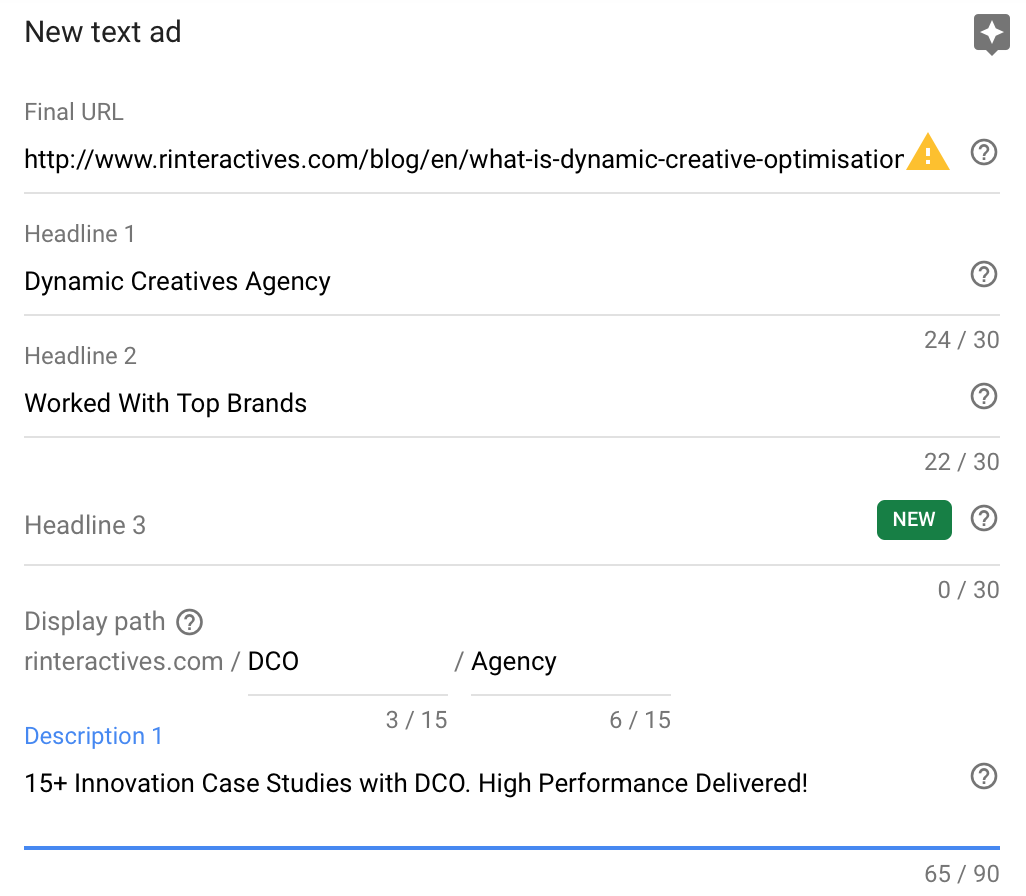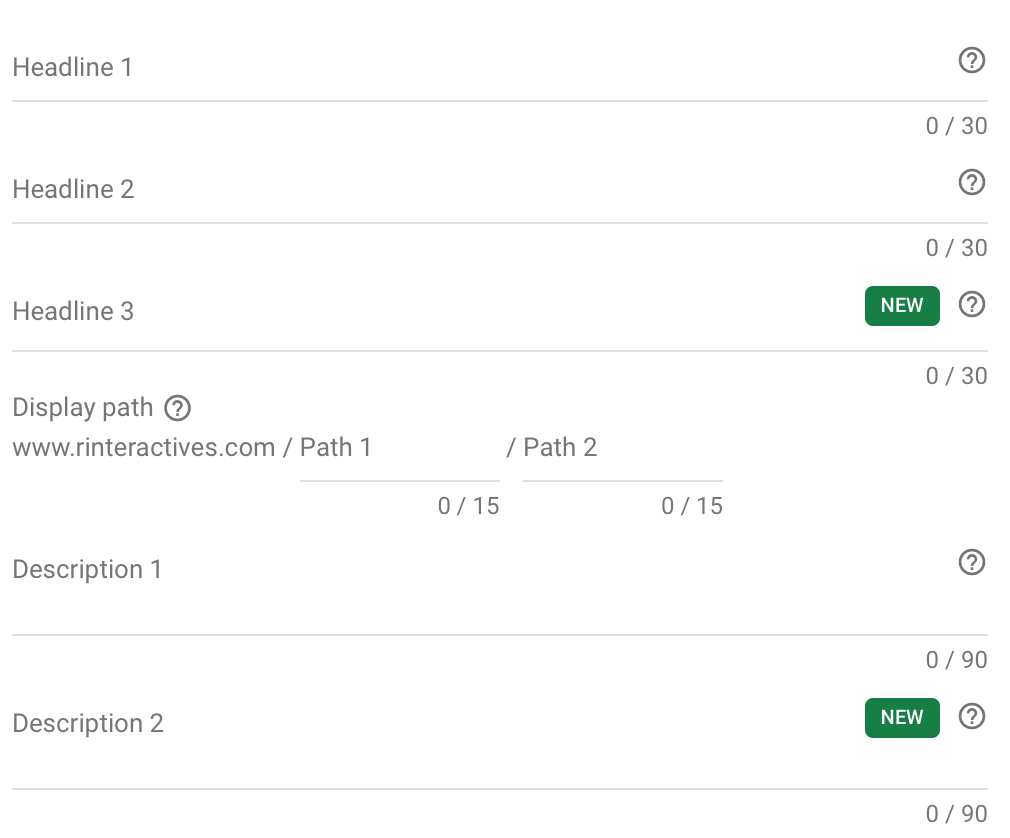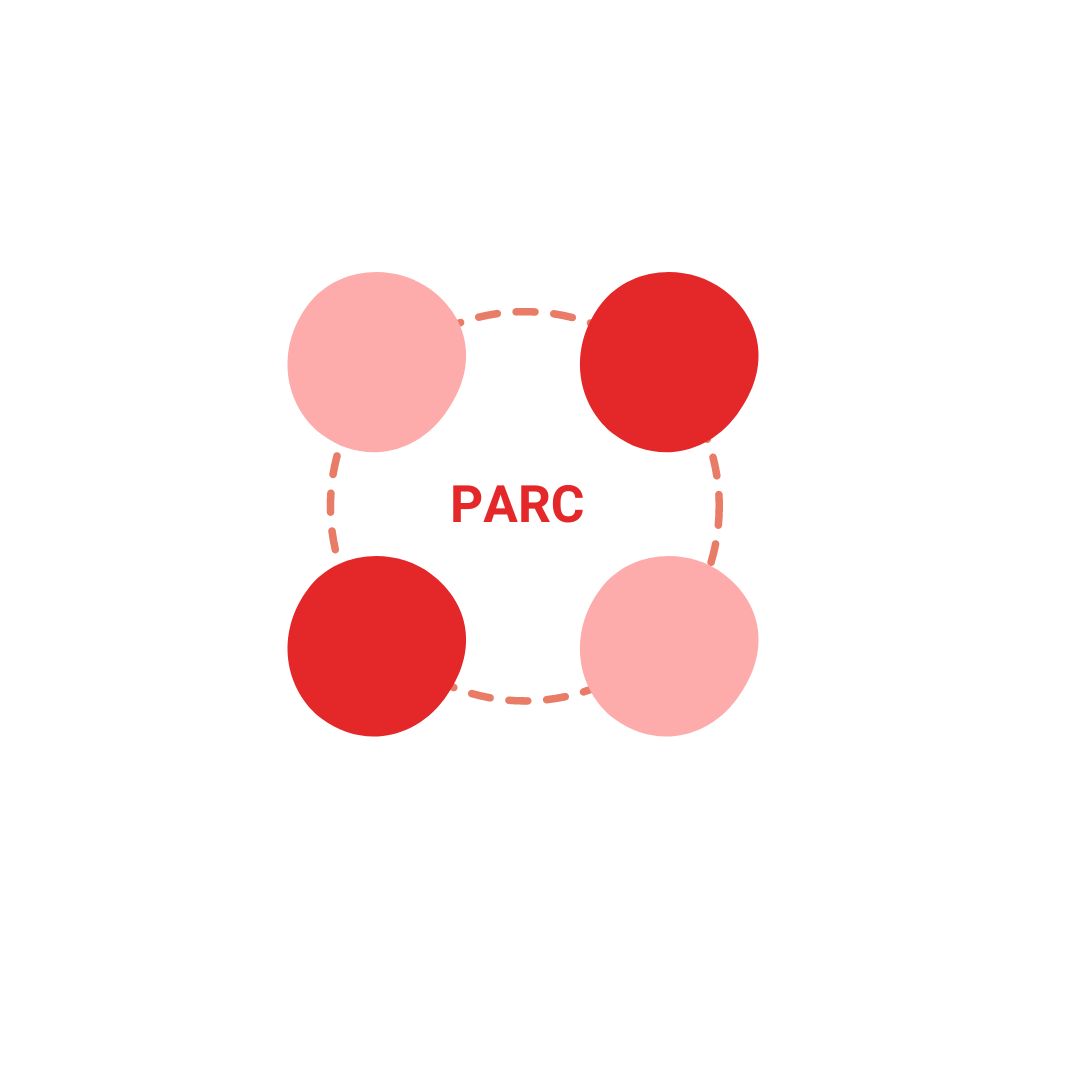Google has defined few policies for text ad copies so that it provides quality user experience, the ads are relevant, clear and useful to the users looking for products and services on Google .
Below are different policies defined by Google, which you need to consider while creating Google Text Ad Copies:
- Excessive Capitalization
- Brand Name
- Symbols
- Display URL Domain Name & Destination URL Domain Name
- Character Limits
- Spellings & Grammar
- Special Characters & Punctuations
- Repetition
- Unnecessary Spacing
- Phone Number in Ad Copy
- Inappropriate Content
Advanced Google Adwords Course by Rahul Gadekar – Access Now
Let’s understand in detail each Google Ad Copy Policy
1. Excessive Capitalization
As per Google’s policy, you can’t use excessive capitalization in your ad copy.
Eg: SOFTWARE or SOFTwAre or S.O.F.T.W.A.R.E
This is not allowed on search ads.
2. Brand Name
As per Google’s policy, using somebody else’s brand name in text ad is not allowed
Eg: You can’t use GOOGLE in an Ad Copy or Amazon in your ad copy.
If you are a reseller of a particular brand who have shared authorization to do so, in that case you can “request review” to get the approval done from Google’s team
3. Symbols
You are not allowed to used symbols in ad copies
Eg: Any Emoji is not allowed to be used in Google Text Ad Copy
4. Display URL Domain Name & Destination URL Domain Name
Display URL domain name & destination URL domain name should be same. You can’t add two different domain names for both the URL options
As soon as I entered the destination URL which has a domain www.rinteractives.com, you can see that the Display URl’s domain is automatically selected as www.rinteractives.com and I can only add text in the path.
5. Character Limits
All the elements of the ad copy has a character limit, you can’t exceed the character limit. Below is the character limit for each element of ad copy
Headline 1 – Character limit is 30 characters
Headline 2 – Character limit is 30 characters
Headline 3 – Character limit is 30 characters
Display Path 1 – Character limit is 15 characters
Display Path 2 – Character limit is 15 characters
Description 1 – Description 1 character limit is 90 characters
Description 2 – Description 2 character limit is 90 characters
6. Spellings & Grammar
Spelling mistakes are not accepted on text ads. Also, if the sentence is grammatically incorrect, Google might disapprove your ad
Eg: Order Cke Online or Cakes Here Order
7. Special Characters & Punctuations
Excessive use of special characters & punctuations are not allowed in Google Text ads
Eg: Bullet Points, asterisks, ellipses etc. Hurry!!!, Shop Now!!!.
In some cases it might be allowed, if you are using 5*Hotel, in this case you will have to request review to get the approval for your ad copy. Also, in the case of app titles and developers name, you may have to request review to get the approval.
8. Repetition
Repetition of words is not allowed in the ad copy. This policy is also applicable for ad extensions, wherein you can’t repeat the text again and again.
Eg. Repeating Product Name, Repetition of brand name in the ad copy etc
You can fix a disapproved ad or extensions by clicking here
9. Unnecessary Spacing
Omitting a space or adding unnecessary spaces between letters or words in not allowed
Omitting a Space
Eg: Online,cake order
Unnecessary Spacing
Eg: C a k e s or ca kes
10. Phone Number in Ad Copy
Phone no is not allowed in ad copy
Eg: Call 18001237654, is not allowed
If you want users to call you, then use call extensions for your ad copy
11. Inappropriate Content
Google disapproves content which:
- Promotes hatred
- Promotes Violence
- Content is shocking
- Discrimination Content
- Harasses or intimidates
- Advocates for physical or mental harm
- Uses curse words
- Variations and misspellings of profane language
- Natural disaster
- Animal Cruelty
- Adult Content
Conclusion:
Google has defined these guides to make sure that your ads are safe, relevant and provide good user experience to users, while they are researching on search. In order to make sure that your ads don’t get disapproved, you need to follow the policies by Google. Also making the ads more relevant and clear to the users, will drive more relevant traffic leading to higher returns!









